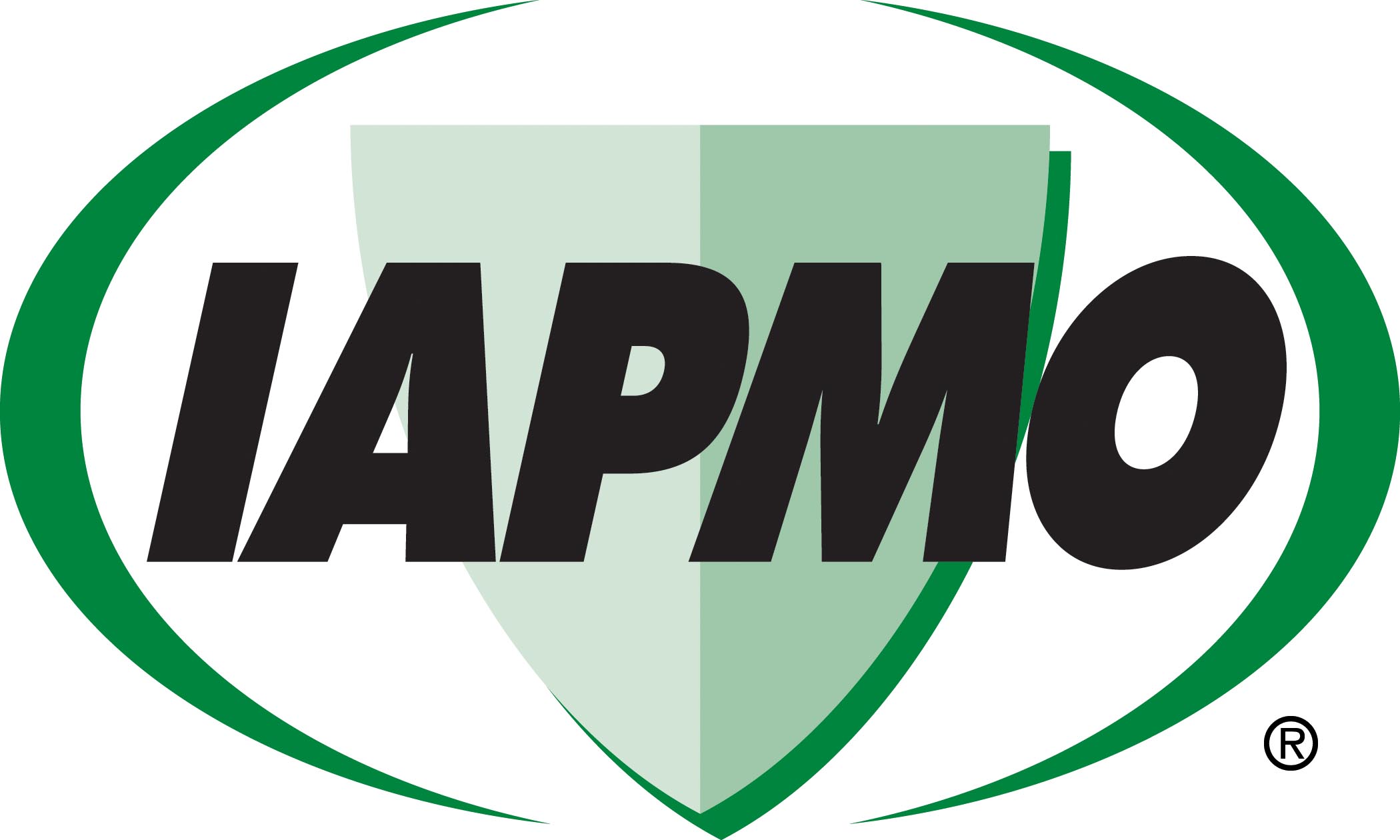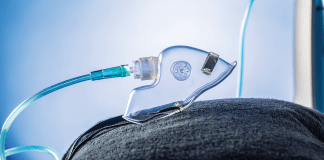The latest revision of the ASSE/IAPMO/ANSI Series 6000, Professional Qualifications Standard for Medical Gas Systems Personnel, includes a new standard — ASSE 6060, Medical Gas Systems Designer, which provides minimum performance and knowledge criteria, identified by industry consensus, for the qualification of medical gas systems designers. The ASSE Series 6000 is a nationally recognized personnel standard with several of its standards and certifications required within NFPA 99, Health Care Facilities Code, including ASSE 6010 for Medical Gas Systems Installers, ASSE 6020 for Medical Gas Systems Inspectors, ASSE 6030 for Medical Gas Systems Verifiers and ASSE 6035 for Bulk Medical Gas/Cryogenic Fluid Central Supply Systems Verifiers. The ASSE 6040 for Medical Gas Systems Maintenance Personnel is also referenced as one option to meet the NFPA 99 requirements.
The scope of the new ASSE 6060 standard is as follows:
“This standard applies to any individual who designs medical gas systems, new or existing, including the layout, sizing and selection of equipment and piping, location of medical gas outlet/vacuum inlets and assessment of existing systems for resizing or replacement. Medical gas systems and equipment covered in this standard include those in health care facilities within the scope of NFPA 99, Health Care Facilities Code. Medical gas systems encompass those distributing USP gases, medical vacuum, WAGD and support gas piping systems.”
Eligible candidates wishing to obtain the ASSE 6060 Medical Gas Systems Designer Certification will be required to have two years of documented experience in the mechanical and plumbing systems industry and have practical knowledge of the design of medical gas and vacuum systems. They will be required to complete a minimum 32-hour training course and a written exam, which incorporates practical design exercises. In addition to NFPA 99, individuals will be required to have knowledge of other industry standards as they relate to medical gas and vacuum design, such as NFPA 55, Compressed Gases and Cryogenic Fluids Code, and Facilities Guideline Institute (FGI) Guidelines for Design and Construction documents. The ASSE 6060 standard also incorporates knowledge requirements for medical gas and vacuum terminology, general knowledge, product performance and installation, and system testing.
The ASSE 6000 Series, initially developed in 1997, was driven by the need to ensure proper training for the individuals installing these critical life safety systems. This standard series is continuously expanding to incorporate new personnel qualifications and certifications to fit the varying responsibilities of those working with medical gas and vacuum systems. Certifications may be required in standards such as NFPA 99, or adopted as requirements by local Authorities Having Jurisdiction, healthcare facilities, or employers. Obtaining a personnel certification demonstrates the required experience, training, and understanding of the focus area. When choosing a project team for a healthcare project, which is favored? The team that meets the minimum requirements for medical gas systems or the team that provides individuals certified to ASSE Standards, beginning with the designer?
The work of a medical gas systems designer proceeds the work of others who will complete the system installation, testing, and maintenance. The designer’s project drawings and specifications must incorporate medical gas systems designed to meet facility requirements, and applicable codes and standards. The quality of work and understanding by the designer can have a direct impact on the overall project success, as errors in design can lead to additional costs and construction delays. Currently, there are no medical gas system certifications specific to design. As with the other medical gas systems personnel, the designer should be able — and perhaps expected — to demonstrate their knowledge of medical gas systems through obtaining a certification. That’s where the ASSE 6060 certification comes in. As of now, the new ASSE 6060 will not be adopted in codes such as NFPA 99, and designers will not be required to obtain their ASSE 6060 certification to work on healthcare projects. However, that requirement may change in future editions of NFPA 99, or in local jurisdiction and healthcare facility guidelines as industry consensus realizes the value of having certified designers.
For several years, many industry professionals considered the need for a designer certification, but few understood the standard development process and didn’t recognize their ability to participate in the voluntary, consensus process. The development of a professional qualifications standard requires the submission on an application and a draft standard to the ASSE Professional Qualifications (PQ) Committee. A common misconception is that applications are submitted from within ASSE International. However, applications are submitted by members of the general public — typically an individual within the industry — who can demonstrate the interest and need for a standard. In 2019, the ASSE PQ Committee and Board of Directors approved an application for the ASSE 6060 standard, allowing the draft to be submitted to a Working Group for review and consideration for inclusion in the next ASSE Series 6000 revision.
Revisions to the ASSE Series 6000 occur every three years in conjunction with new editions of NFPA 99. At the 2020 ASSE International Annual Meeting, the ASSE PQ Committee voted to open the ASSE Series 6000 for revision to address changes to NFPA 99-2021 and review the draft of ASSE 6060 for Medical Gas Systems Designers.
Opening a standard for revision requires the formation of a working group, whose members review and submit proposed changes. The ASSE 6000 working group met multiple times in February 2021 to review the proposed changes to the standard. This included a line-by-line review of the new ASSE 6060 draft, revising its language and content as required. The working group supported the inclusion of the new standard in the 2021 edition of the ASSE Series 6000. At the completion of a working group, the draft of the standard is reviewed by the ASSE PQ Committee and Board of Directors prior to submission to the American National Standards Institute (ANSI) for a Public Comment period.
Working Groups, the PQ Committee, and Board of Directors are all comprised of volunteers working with ASSE International staff to develop and revise standards. Applications to participate on ASSE Committees may be submitted at any time. The call for current ASSE Working Groups for personnel certifications and product standards can be found on ASSE’s website and in monthly newsletters.
The completion and publication of ASSE Series 6000-2021 will allow companies and organizations to develop training and examination programs for the ASSE 6060 Certification. Individuals who want to get ASSE 6060 Certified will have the opportunity when training courses and examinations are developed.
ASSE professional qualifications standards, product standards, and certifications extend beyond the medical gas industry, addressing a wide variety of plumbing, mechanical, plumbing, and water quality systems, providing opportunities for individuals to volunteer in areas specific to their passion. The continuous development and revision of ASSE International standards indicates the dedication of ASSE International to public health and safety in accordance with its motto, “Prevention Rather Than Cure.”
The ASSE/IAPMO/ANSI Series 6000-2021 will be available in August 2021. I extend my deepest gratitude to volunteers and staff for their participation and support in the development of the ASSE 6060 Medical Gas Systems Designer Standard and Certification.
Article by Brianne N. Hall, P.E., CPD, LEED AP BD+C, GGP first appeared in ASSE’s Working Pressure magazine

IAPMO
IAPMO develops and publishes the Uniform Plumbing Code®,the most widely recognized code of practice used by the plumbing industry worldwide; Uniform Mechanical Code®; Uniform Swimming Pool, Spa and Hot Tub Code®; and Uniform Solar Energy, Hydronics and Geothermal Code™ — the only plumbing, mechanical, solar energy and swimming pool codes designated by ANSI as American National Standards — and the Water Efficiency Standard (WE-Stand)™. IAPMO works with government, contractors, labor force, and manufacturers to produce product standards, technical manuals, personnel certification/educational programs and additional resources in order to meet the ever-evolving demands of the industry in protecting public health and safety.
Last modified: December 30, 2022


I loved when you said that the work of a medical gas systems designer proceeds the work of others who will complete the system installation, testing, and maintenance. My aunt’s business is selling house gases. I will suggest to her to also sell medical gas outlets for larger customer coverage.